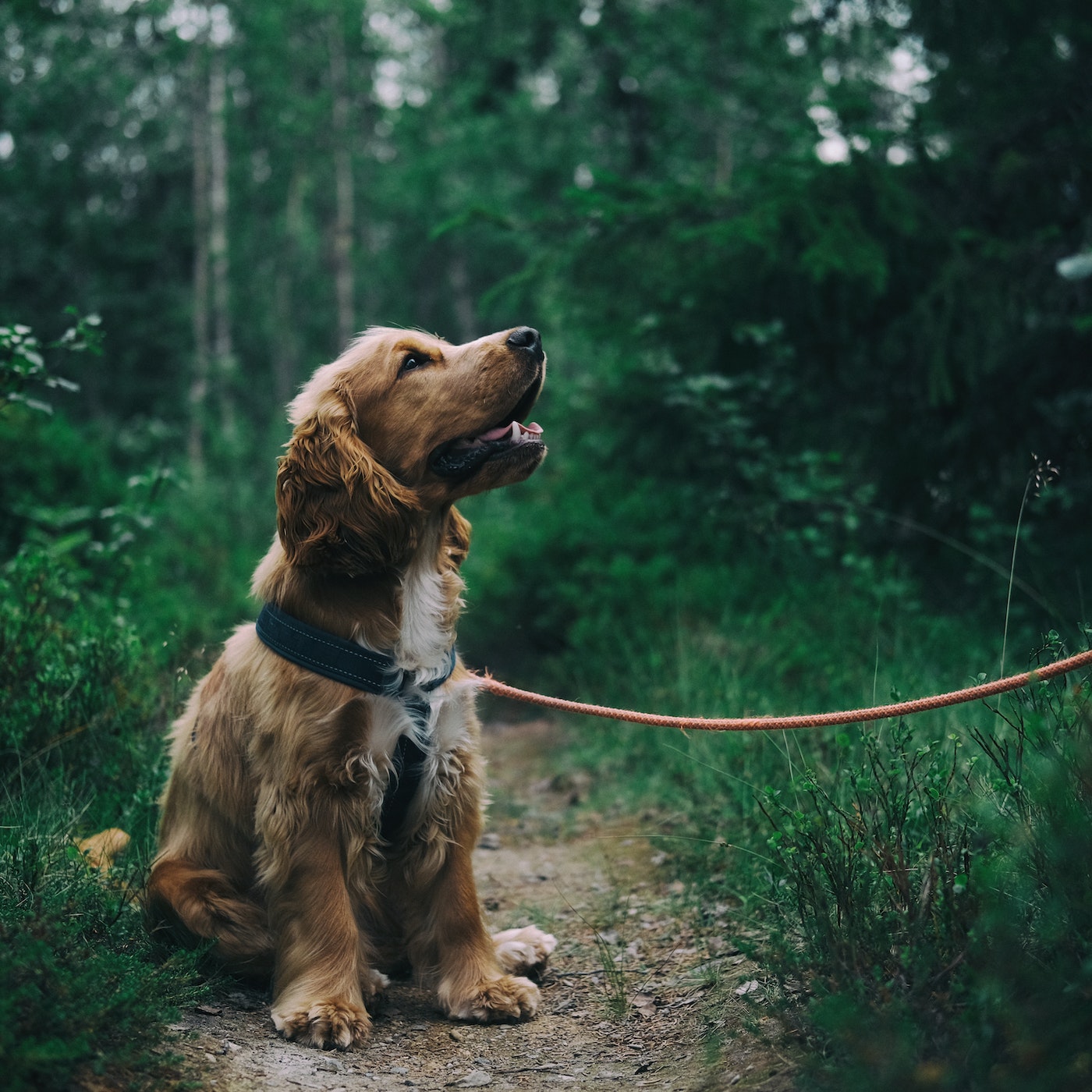
11 Interesting and Surprising Facts about Dogs
Notes
11 Interesting and Surprising Facts about Dogs
In his book Natural History: Dogs, zoologist, and anthropologist John Bradshaw explores the origins of the first pets. Here are eleven surprising facts about dogs that are sure to interest you. Even more facts here https://true-dog.com/.
Dogs are not descended from modern wolves
Dogs are descended from a species of wolf that disappeared from the wild thousands of years ago. Today's American and European wolves are only distant relatives, although they share 99% of their DNA with dogs.
Dogs have a larger size range than any other mammal
Because of human interference with natural selection, there is a huge difference in size between dog breeds-more than any other mammal, wild or domesticated. However, there is a limit to the physical differences between dogs. The entire physiology of the dog, from the Chihuahua to the Danish Dane, is based on the body structure of the ancient wolf.
They have a second "nose."
It is known to science as the vomeronasal organ and is located between the dog's nostrils and the palate of the mouth. Scientists are still not sure what dogs use it for. Based on studies of other predatory animals, such as cats, they may use it when sniffing scent marks left by other dogs.
Dogs are not completely devoid of color vision
Dogs see green, yellow, and blue the same way we do, but their eyes are not sensitive to red, which should seem dark gray to them.
Dogs "smile."
Dogs smile, but not necessarily for the same reasons we do. According to veterinary scientist Dr. John Bradshaw, a dog will smile to convince its owner to show it love. So dogs aren't always happy when they "smile"-they may even feel a little anxious and need reassurance. So go and show your puppy how much you love him.
Dogs can be pessimistic or optimistic
Just like humans, dogs can have an optimistic or pessimistic view of the world. In scientific studies, certain dogs were always eager to explore a place where there was a 50% chance of finding food, while other dogs, on the other hand, were reluctant to take advantage of the opportunity. It seems that some dogs hope for the best, while others prepare for the worst.
Dogs don't feel guilty.
Many owners notice what they think is a "guilty look" in a dog, but science has shown that it is actually a reaction to the owner's body language. Guilt is a rather complex emotion. The dog is just worried about being punished without knowing what he has done wrong.
If puppies don't see people, they can become feral
If a dog doesn't see people until it is three months old, it can stay feral for life. The most extreme example of this is the Australian dingo, a species of domestic dog that went feral four thousand years ago.
Dogs become instinctively attached to humans
Once a puppy learns that humans are friendly, its instincts tell it that its best chance of survival is to attach itself to a human.
Humans can cause dogs to have developmental disorders
According to National Geographic, humans may have inadvertently caused the canine equivalent of Williams syndrome in these animals. Unlike wolves, dogs have differences in some of their genes. In humans, deletion of these genes leads to Williams syndrome, a condition characterized by cognitive difficulties and a "tendency to like everyone." This may explain why dogs are friendlier and generally less cunning than wolves.
Read more information here:
https://true-dog.com/behavior/how-to-stop-dogs-from-fighting-in-the-same-household/
https://true-dog.com/health/why-does-my-dog-sound-congested/
https://true-dog.com/health/dried-dead-tick-on-dog/
https://true-dog.com/health/dog-keeps-licking-lips/
https://true-dog.com/behavior/why-are-chihuahuas-so-mean/
https://true-dog.com/behavior/why-is-my-dog-growling-at-nothing/